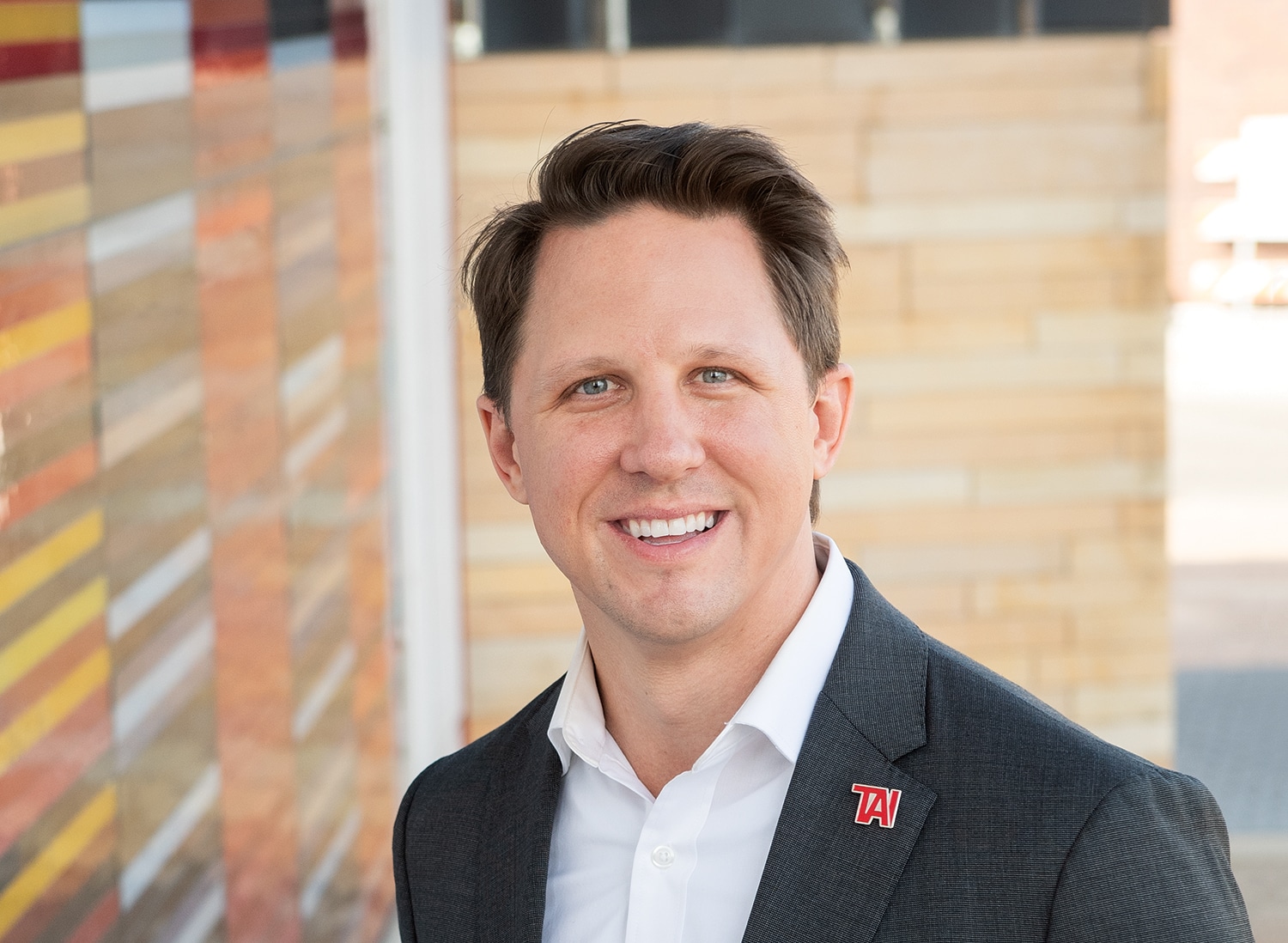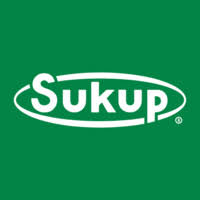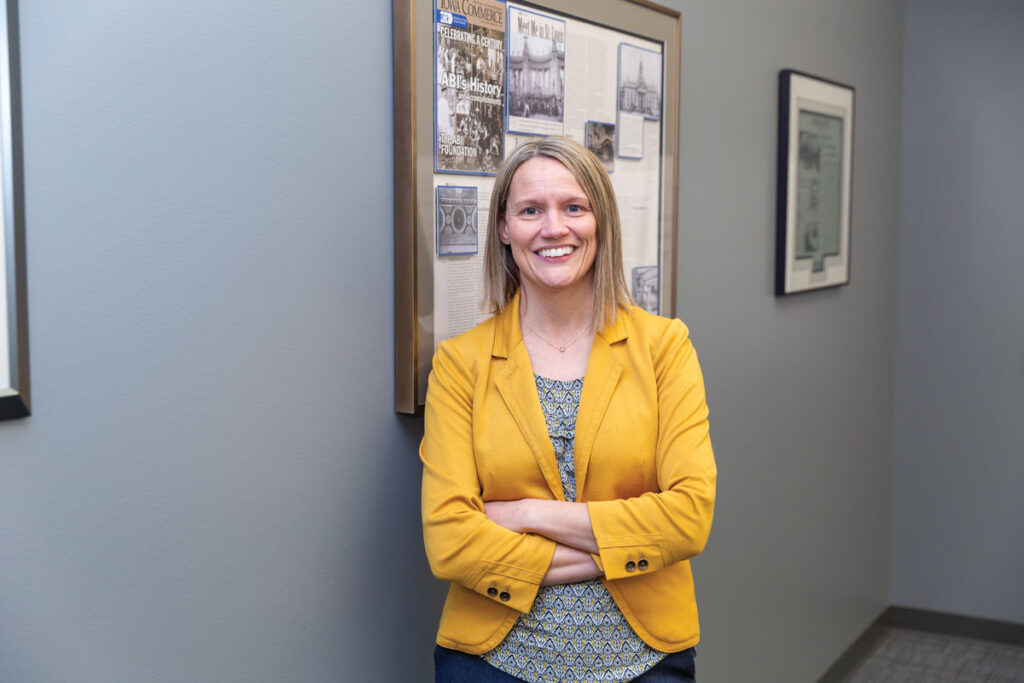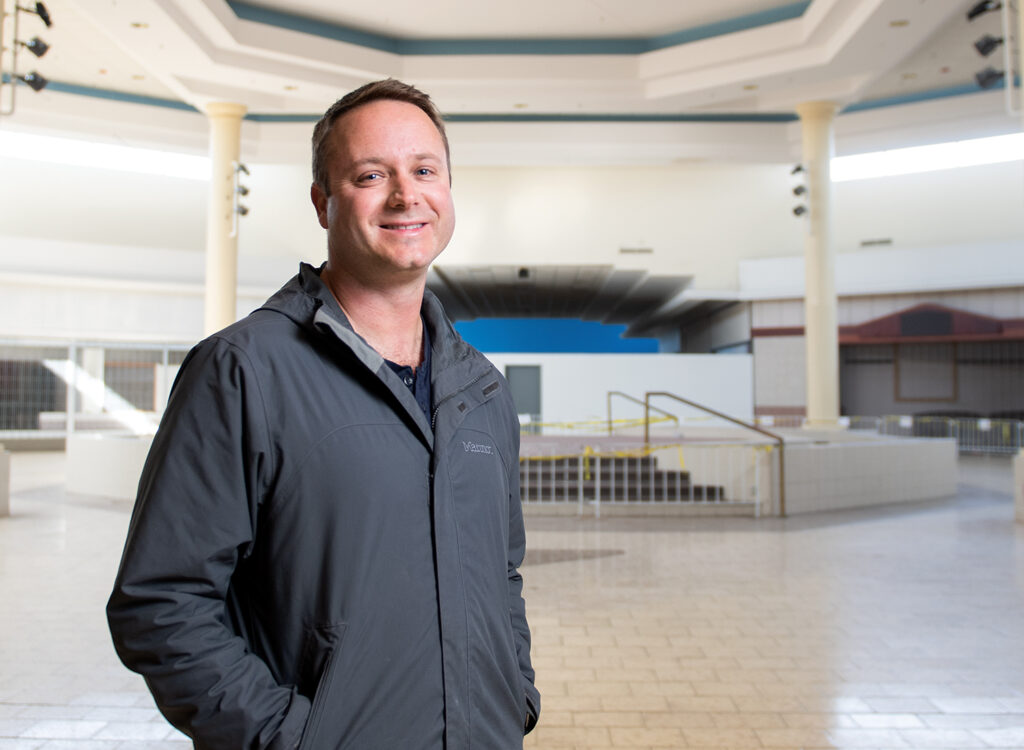A Closer Look: Tyler Wyngarden
Vice president of strategic partnerships, Technology Association of Iowa
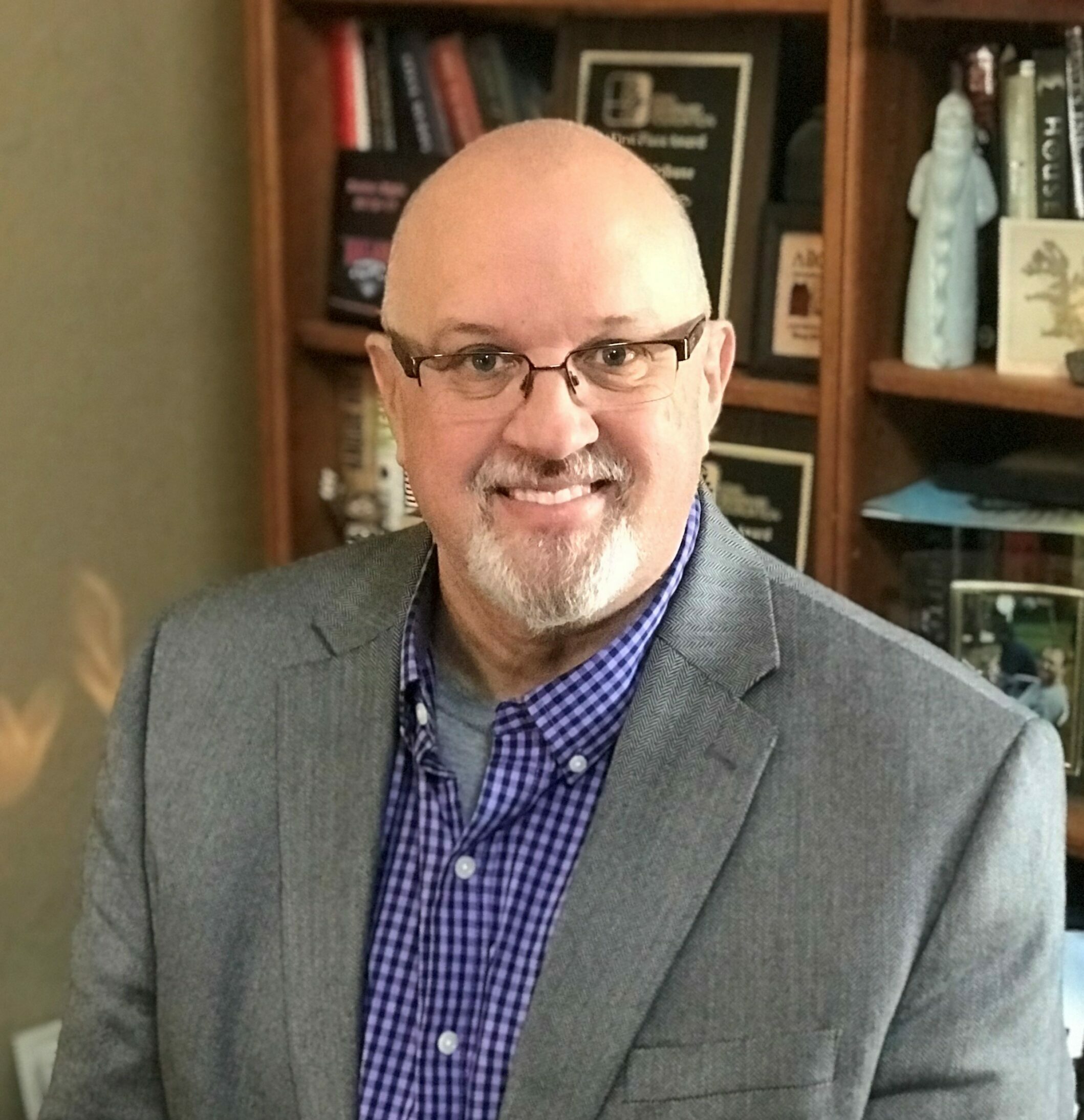
Michael Crumb Sep 1, 2023 | 6:00 am
6 min read time
1,449 wordsA Closer Look, Innovation and EntrepreneurshipTyler Wyngarden is no stranger to the Technology Association of Iowa, having joined the organization in June 2015. He started doing education programming, providing computer science education for after-school programs for 350 K-12 schools, later moving into membership management before transitioning into his current role. Prior to joining TAI, he worked for the Iowa Economic Development Authority, where he worked on business development teams, helping Iowa companies expand their workforce and footprint, and recruit new companies to Iowa. Today, Wyngarden works to make Iowa’s technology and innovation ecosystem as connected and robust as possible. “We want to be the No. 1 state for technology in the Midwest, and to do that, we need partners from every industry to get engaged.”
How have your prior roles prepared you to build those relationships that are needed to make Iowa the No. 1 technology state in the region?
My career has really been rooted in assisting Iowa companies. Sometimes that’s business development. Sometimes that’s talent. Sometimes it’s working through policy or state incentives. IEDA gave me a statewide perspective. I know every mayor and chamber director, and that network when I came here was invaluable. We know in all these little towns across the state there are companies and technology professionals that are doing IT work, but they are hard to unearth because they don’t have “chief information officers” or “chief technology officer” in their title, but if I go to the chamber director and say, “Who are the OEM manufacturing companies in your community?” I’ll bet they have a tech person on staff that then through the chamber I can connect with. It’s about people. You can have great programming. You can have really awesome events, and that’s important, but ultimately it’s sitting down and having peer-to-peer contact. I think what has made us successful is how do we build core peer networks and making sure that the chief technology officer in Le Mars, Iowa, at Wells Blue Bunny, who feels like they’re on an island, has a direct line of contact to the chief information officer at Principal Financial? They’re in different industries, but they’re all worried about cybersecurity. They’re all worried about talent attraction. They’re all trying to wrap their heads around digital transformation and what it means for them. So we’re better off together than having them go it alone.
Tell us more about the responsibilities you have in your current role.
My role is to make sure that whatever that critical issue is, if we can build programming or build a solution that doesn’t just serve one company, but is holistic. The net good for the industry overall is what we’re excited about. I think the important part of my role is to say yes, you always need partners who can help fund and underwrite these things, but then how can we get as many other people involved … and ideally, it grows over time.
Describe how the Iowa Tech Connect Program works.
We said, “OK, we’re doing this training and professional development for senior-level IT folks to take that final step into the C-suite. What are we doing for entry-level professionals that are entering IT?” We have an entire group of people who joined organizations who didn’t go into work right away so they missed out on mentorship and connecting with those peers. So the Iowa Tech Connect program, we are working with John Deere and EMC to build a robust, young professionals group that not only knows one another from other organizations, but knows how to communicate with their legislators, what nonprofits they can give their talent and technology expertise to. We can illuminate those things, and if we want to keep them here, it’s a heck of a lot easier to keep a young professional here when they’re engaged in their community and they have a peer network than if they’re sitting home on a screen taking a job with a company on the coast. We want them to not only stay here, but then be engaged in it.
What are the big technology questions the TAI members have?
Workforce, and I’m not going to belabor that. The big ones are cybersecurity. We passed three pieces of legislation this year – that is huge for us. We were the sixth state in the country to pass digital privacy legislation. The third is AI. It’s coming. I think you’re going to see a lot of companies try to wrap their heads around how do we use this as an enterprise level tool? We talk to our members a lot about if you have a best practice that works, share it with the membership. Be the thought leader. That helps lift us all. And No. 2, don’t go it alone.
Bring us off the ledge when it comes to fears over the future of AI and how it will affect us.
I do think there is some doom and gloom around it. The conversations I have with the membership is that AI isn’t going to take your job. Someone who knows how to use AI is going to take your job. I think we see that whenever a new digital technology comes out the adopters of those and those who find themselves able to quickly reskill are going to leverage that. AI is just going to be a tool for how to do your existing job. AI is real. It’s here to stay. I see a lot of enterprise and business value that it can add. Nobody that I talk to is running around with their hair on fire saying “Gosh, this is going to completely disrupt our business or we may go out of business.” Instead they’re thinking, “This is another tool we can use and what is the best way to use it? I think you will see some people who sit on the fence and wait to see. I think where you’re going to see it is how meetings run smoother, how do shop floors run a little safer, how do maybe nontraditional technology workers leverage these large language models to augment how they do their jobs? I don’t see jobs going away specifically because of AI.
AI is the latest big thing. What’s next?
I don’t know the honest answer, and anyone who does should go buy a lottery ticket. There’s always a big hype cycle with new technology. Blockchain is an important technology but I don’t think we’ve seen a mass integration on the business side. The use cases for AI are prevalent. They’re in front of you. You can do it today. What AI looks like today, I think that’s just the surface of a really big transformation, especially in the health care space. I can see a lot in the commercial property and real estate space. I don’t think we’re too far away from being able to walk up to a building, pull up your phone … and look at floor plans of available units. Without going down the rabbit hole of wearables and VR, those are niche, novelty products that don’t have a lot of business use. Artificial intelligence and these large language models absolutely do, and I think that’s where you’re going to see companies enter into.
Where can people go to learn more about AI and its business applications?
There are great publications out there. Forrester, Gartner these are industry front facing. This is what they do. The value of the TAI network is you have subject matter experts within those companies, and we can put those groups together. I would also shout out to the universities. Both the University of Iowa, Iowa State and UNI have all done great, meaningful research and have resources that our member companies take advantage of. We always point them towards those universities that can help with specific-use cases those companies have.
Tell us something about yourself people may not know.
I’m a lover of bluegrass music, which I know is an acquired taste for many. You can also find me on any given weekend in my yard, working on landscaping projects.
Is there a podcast you would recommend?
Pivot is a great podcast that I like a lot that focuses on the intersection of business and technology. Freakonomics. Marketplace Tech would be another one. It’s maybe 10 minutes, tops. It’s just really interesting and easily digestible. You listen to two weeks of that and you start to realize these larger economic trends are still very real in Iowa and that helps us when we go to member companies to be informed of the right questions to ask so they can begin to see themselves as technology companies.

Michael Crumb
Michael Crumb is a senior staff writer at Business Record. He covers real estate and development and transportation.

